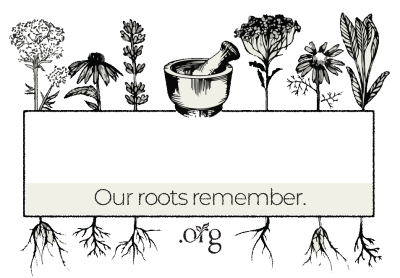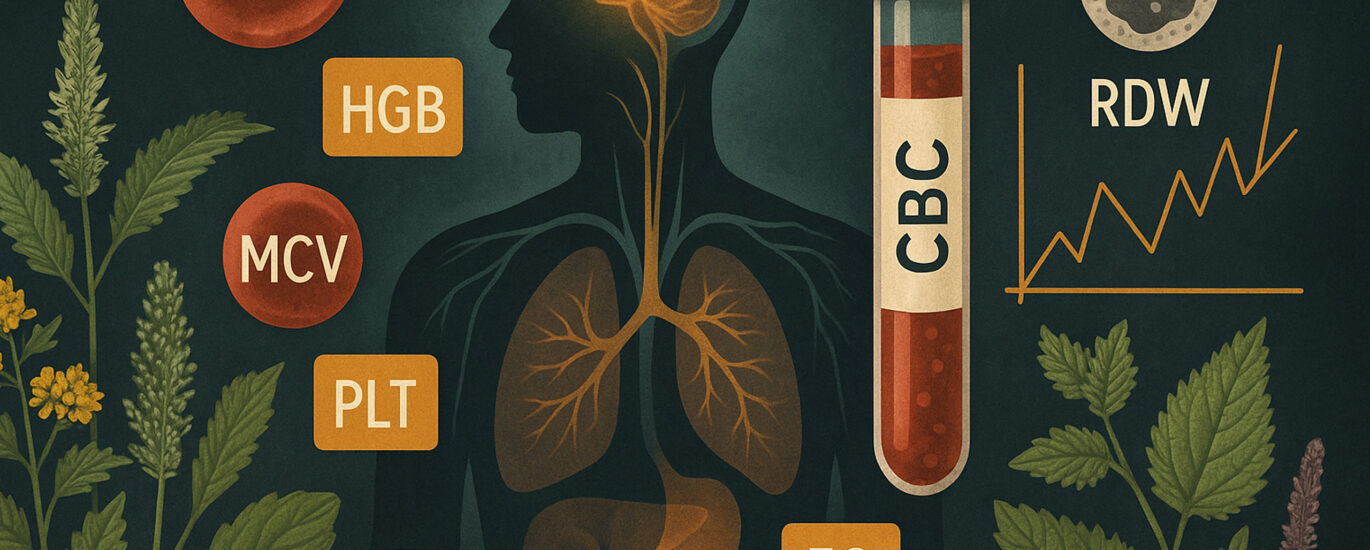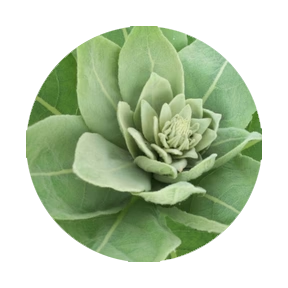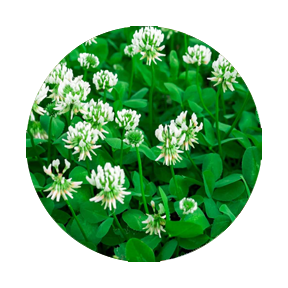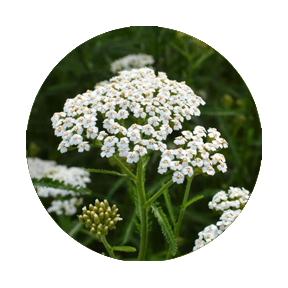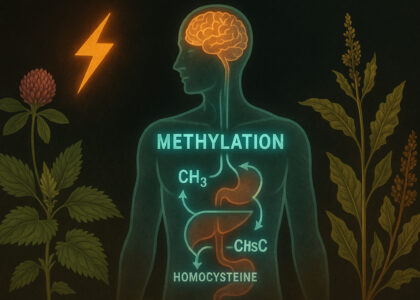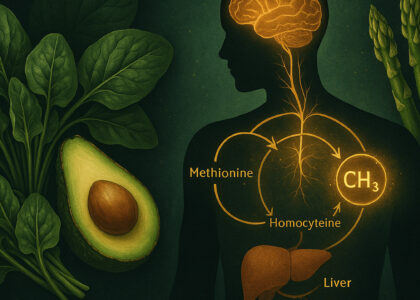CBC Blood Test Results: What They Mean, What to Watch, and What Your Doctor May Not Tell You
A Wildcrafters Self-Advocacy Guide to Decoding Bloodwork
How to Use This Guide
This guide isn’t just about numbers—it’s about giving you the tools to understand what your blood is trying to tell you before things get serious.
Log into your patient portal (like MyChart): You have access to all your lab results. Most people don’t even know they can view this.
Look for CBC (Complete Blood Count) with Differential in your test list.
Click “Trends” or “Graph View” – this shows how your markers change over time.
Use this guide to decode what it all means.
🧬 What’s in a CBC With Differential?
Each item below includes:
Plain-language meaning
What it means if it’s high or low
Root-cause considerations
Terrain-based tips for balancing
WBC – White Blood Cell Count
Your immune system’s army.
High: Infection, stress, inflammation, parasites, or even mold exposure.
Low: Suppressed immunity, nutrient depletion (especially zinc, B12), or chronic illness. ⚡ Clue: Pair high WBC with high eosinophils? Look into parasite cleansing.
RBC – Red Blood Cell Count
Oxygen carriers.
High: May indicate dehydration or lung issues.
Low: Often signals anemia, low iron or B12. ⚡ Clue: Chronically tired but “labs are normal”? Look at RBC + Hemoglobin + Ferritin.
Hemoglobin / Hematocrit (HGB / HCT)
Oxygen saturation levels.
Low: Suggests iron or B12 deficiency, poor protein intake, or blood loss. ⚡ Clue: If you have cold hands/feet, pale skin, or dizziness—don’t ignore even slight dips.
MCV – Mean Corpuscular Volume
Red blood cell size.
High: Could point to B12 or folate deficiency.
Low: May be iron deficiency or thalassemia traits. ⚡ Clue: High MCV + fatigue? Think methylation issues or gut inflammation blocking B vitamin absorption.
MCH / MCHC – Mean Corpuscular Hemoglobin (Concentration)
How much hemoglobin is in your red blood cells.
Low: Often iron-related.
High: Look deeper at B12, folate.
RDW – Red Cell Distribution Width
Measures variation in red blood cell size.
High RDW: Can show B12, folate, or iron deficiency—even if the other values are normal. ⚡ Clue: RDW is often your first red flag before full-blown anemia hits.
Platelets (PLT)
Clotting cells.
High: Inflammation, stress, or chronic infection.
Low: Can be from viruses, meds, or nutrient depletion. ⚡ Clue: Trends matter. Watch how this changes during or after illness.
Neutrophils / Lymphocytes / Monocytes / Eosinophils / Basophils
These 5 tell the story of your immune response:
Neutrophils: Bacterial infections, stress, inflammation
Lymphocytes: Viral activity or chronic illness
Monocytes: Long-term inflammation or immune activation
Eosinophils: Parasites, mold, or allergies
Basophils: Histamine reactivity or chronic infection
⚡ Clue: High eosinophils + itchy skin or gut issues? See our Parasite Cleanse Protocol.
✅ Highlight: What Your Doctor Might Not Say
Labs often don’t raise concern until levels are outside “normal”—even if symptoms are already present.
“Normal” ranges are based on averages of a population that is often nutrient deficient or chronically ill.
If a marker is trending worse over time—even within the “normal” range—you have every reason to explore it further.
🌿 Root Cause Clues and What to Explore
Fatigue + low HGB/RBC: Look into Wildcrafted Yellow Dock
High eosinophils + skin/gut issues: Parasite + Inflammatory Bundle.
Chronic stress + changing neutrophil/lymphocyte ratio: See our Redox & Terrain eBook.
📥 Download: CBC Self-Tracker
A downloadable PDF chart where you can log your CBC results alongside symptoms, to help you see your body’s trends before they turn into major problems.
🧠 Final Thoughts
This isn’t about diagnosing. It’s about knowing what your body is telling you, asking better questions, and catching imbalances before they snowball. Your blood is a map. Start learning the landmarks.
Suggested Supplements or Protocols
Refer back to the Wildcrafters CBC Guide for suggested terrain-based herbal and nutritional supports. Here are examples:
Low hemoglobin: Wildcrafted Yellow Dock or Nettle Tincture
High eosinophils: Parasite + Inflammatory Support Bundle
High MCV: CDS exploration + Wildcrafted folate-rich herbs (e.g., Red Clover, White Clover)
Disclaimer: All information provided on this website and by its authors or associates is intended for informational, educational, and entertainment purposes only. This content does not constitute medical advice, diagnosis, or treatment and is not a substitute for consultation with a qualified healthcare provider. Always do your own research and consult a medical professional before beginning any new health regimen.
